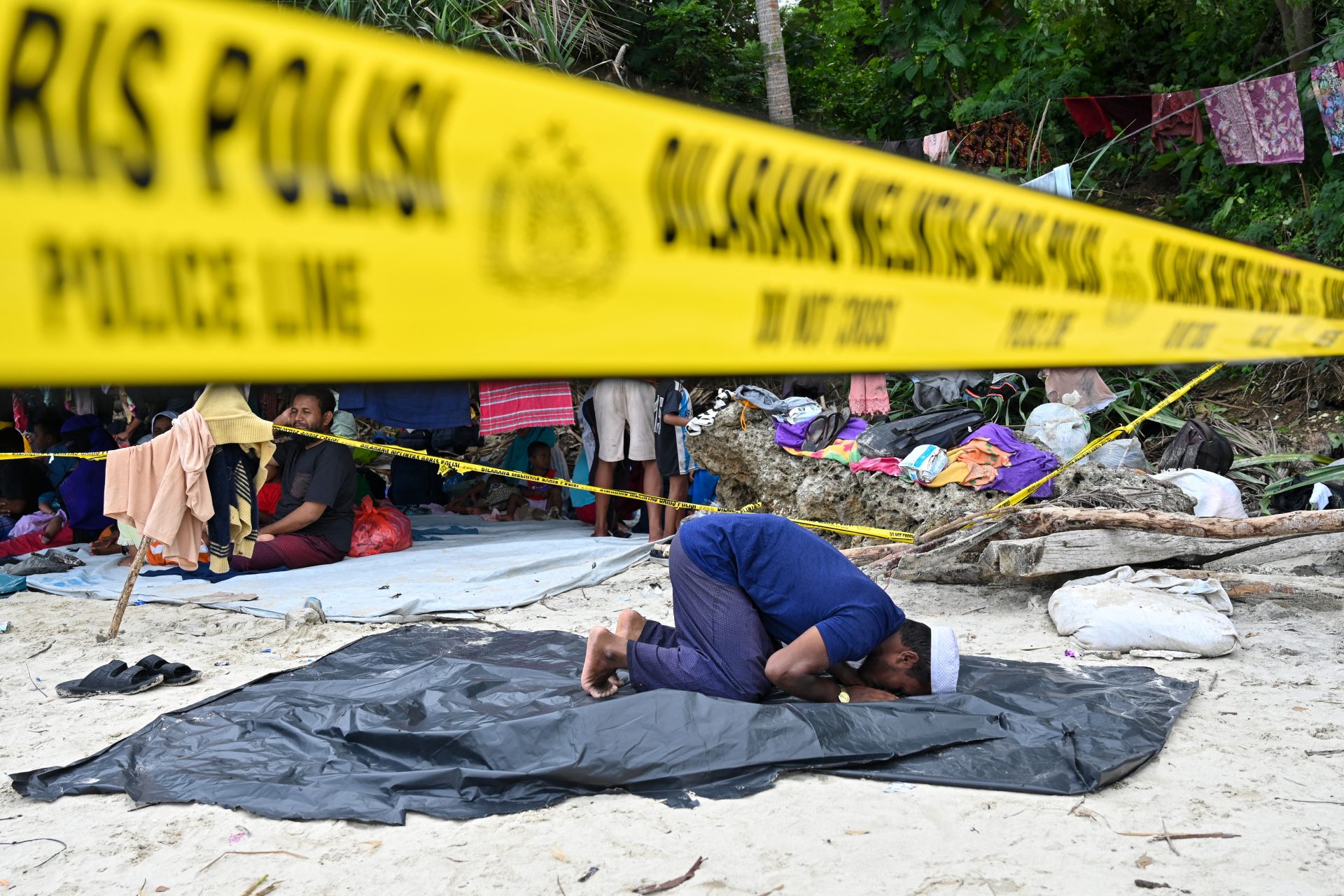Fortify Rights expressed disappointment over the decision of the Federal Public Prosecutor General of Germany not to investigate the war crimes and genocide committed by senior military officials in Myanmar.
“We remain confident in the evidence and legal arguments in the complaint, and indeed, the German Federal Prosecutor’s office made clear that its decision was not based on the merits or strength of the evidence,” said Matthew Smith, chief executive officer of the group.
In January 2023, Fortify Rights, alongside 16 individual complainants from Myanmar, submitted a criminal complaint to the Federal Public Prosecutor General of Germany under the principle of universal jurisdiction.
The complaint targeted senior Myanmar military generals and others for alleged genocide, war crimes, and crimes against humanity.
The 215-page document, supported by over 1,000 pages of annexes, presented evidence related to atrocities committed against the Rohingya in 2016 and 2017, as well as crimes against humanity stemming from the military coup on February 1, 2021.
On October 11, 2023, the Federal Public Prosecutor communicated to Fortify Rights that it would not be initiating an investigation into the alleged crimes.
The Federal Public Prosecutor cited two main reasons for not pursuing an investigation, explicitly noting that these reasons did not hinge on the strength of the evidence.
The Prosecutor referenced its discretion under the German Code of Crimes Against International Law, specifically section 153f, paragraph 1, which allows the Prosecutor to refrain from action if the accused is not present or expected to be present in Germany.
The Prosecutor also stated that German law enforcement investigations would not yield additional benefits beyond ongoing efforts, particularly highlighting the work of the Independent Investigative Mechanism for Myanmar (IIMM) in collecting evidence.
“When we filed the complaint, we knew that Min Aung Hlaing and others responsible for atrocities in Myanmar weren’t present in Germany. Such presence is not required for an investigation under German law. We didn’t expect this factor to lead the Prosecutor to fully decline any investigation into the evidence presented,” said Matthew Smith.
“We know that the IIMM is diligently collecting and preserving evidence, and we expected German authorities to use and leverage the IIMM’s work for future prosecutions in Germany. That is the point of the IIMM. Parts of this decision seem counter to the purpose of Germany’s universal jurisdiction,” he added.







